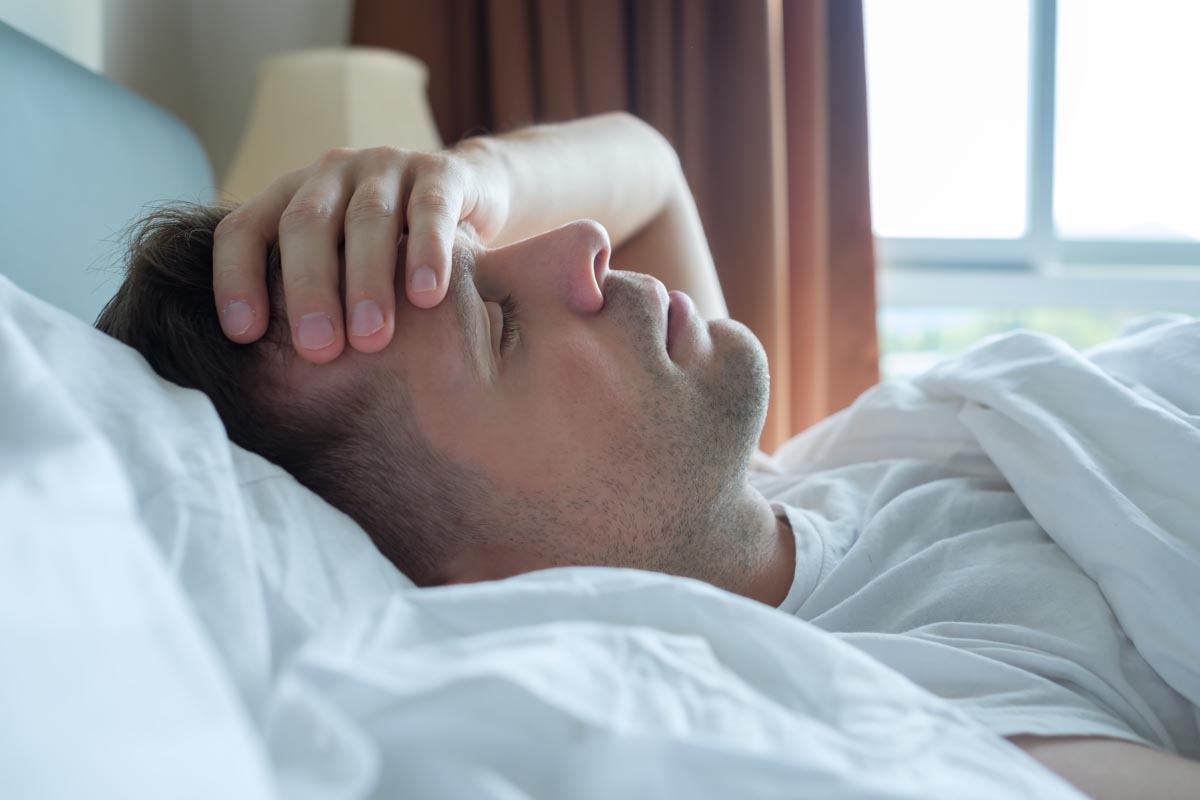If you’re addicted to alcohol, your brain is accustomed to its presence. Because of this reliance, you will probably feel the effects of withdrawal when you stop drinking. An alcohol detox center helps you cope with these effects by making them easier to tolerate. As a rule, you will detox in a series of steps or stages. Awareness of what to expect can demystify the process and allow you to feel better prepared.
The Arrival of Withdrawal Marks the First Stage of Alcohol Detox
The alcohol detox process gets underway when you begin to feel the initial symptoms of withdrawal. Not everyone is affected in the same way. But the types of symptoms you may experience in this first detox stage include:
- Insomnia
- Unusual fatigue
- Excessive sweating
- Nightmares
- Scattered thoughts
- Anxiousness
- Nausea and/or vomiting
- Increased irritability
- A jittery or on-edge feeling
- Trembling muscles, especially in your hands
You may also feel depressed.
There is no way of predicting exactly when stage one will begin. Most people enter it when they haven’t had a drink for up to eight hours. But your symptoms may appear before or after this common threshold arrives.
The Alcohol Withdrawal Process Grow More Intense in Stage Two
When you enter the second stage of alcohol detox, you can expect your existing withdrawal symptoms to become stronger. This may be the only notable change in your condition. However, a minority of people going through alcohol withdrawal also start experiencing other, more serious symptoms.
For example, you may start to hallucinate. The onset of seizures is also a possibility. But keep in mind that problems such as these are relatively rare. They’re most common in people who have been drinking in extreme amounts for a long time.
When does stage two withdrawal begin? In most cases, it starts anywhere from 12 to 48 hours after your last drink. Your specific timeline may vary.
Stage Three of the Alcohol Detox Process – Peak Withdrawal and Possible Problems
In just a few days, your withdrawal symptoms will reach a peak. During this third stage, you’ll feel the worst effects of detox. However, these effects typically start to fade before too long. When that happens, the end of primary withdrawal is in sight.
If you have an extended history of heavy drinking, this is also the stage where certain serious problems can emerge. Chief among these problems is the DTs, or delirium tremens. This term describes a grouping of symptoms that may include:
- Powerful and seemingly real hallucinations
- Jumps in your normal body temperature, heart rate, and blood pressure
- Deluded thoughts
- Profound confusion
The DTs are both relatively rare and extremely dangerous. If they occur, emergency treatment is needed to safeguard your health.
Symptoms Following the Main Alcohol Withdrawal Process
Many people detoxing from alcohol experience lingering withdrawal symptoms after they reach a sober state. Such symptoms most commonly include fatigue and insomnia. They also include rapid mood swings. In addition, you may have ongoing cravings for alcohol. You can get help for these kinds of longer-term issues in primary rehab, which should follow detox.
Get More Information on the Stages of Alcohol Detox at Evoke Wellness
Want to know more about how alcohol withdrawal might affect you? Talk to the recovery specialists at Evoke Wellness. We’ll do everything we can to help prepare you for effective alcohol detox.
Evoke Wellness at Cohasset is also an established provider of state-of-the-art options for alcohol treatment. With our support, you can follow up on successful detox with a high-quality, customized rehab plan. We’re dedicated to helping you make active alcoholism a thing of the past. Call us today at 866.931.6429 to get started. You can also fill out our brief online form.




